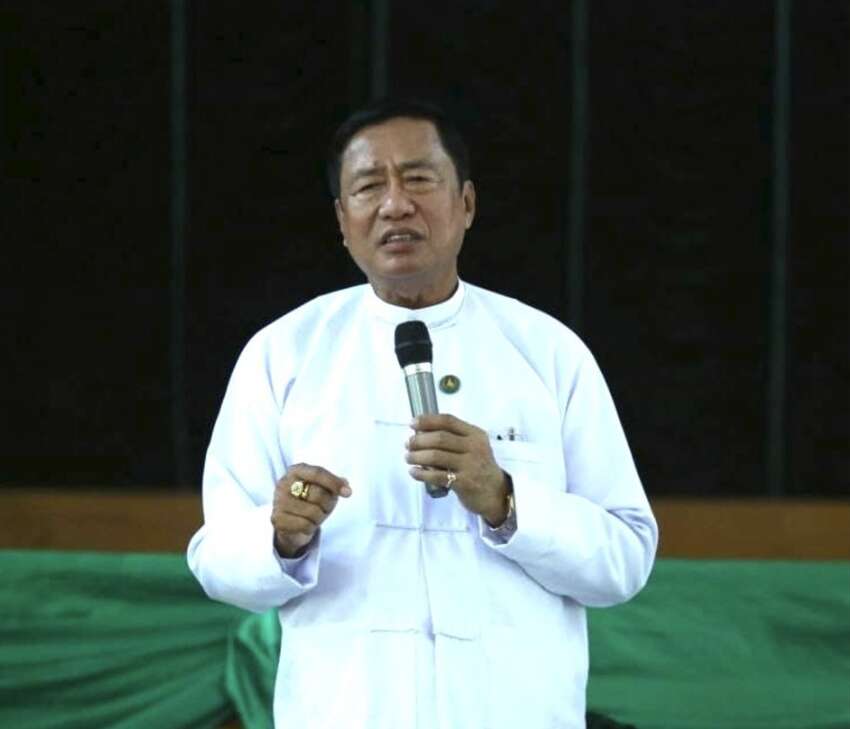
A central executive member of the Union Solidarity and Development Party (USDP), Maung Myint, has criticized the military council’s statement claiming that the International Labour Organization’s (ILO) Article 33 sanctions would have no impact on Myanmar. This comes after the 113th International Labour Conference in Geneva, Switzerland, decided to impose severe sanctions under Article 33 against Myanmar’s military council for violations of labor and human rights. The military council’s Ministry of Labour had issued a statement on June 6 dismissing any potential effects of these sanctions.
Maung Myint, representing the Mingin constituency, explained that international mechanisms systematically pressure countries through a series of steps, which have already begun against Myanmar. He recalled similar sanctions in 1999 and 2000, when the European Union withdrew its Generalized Scheme of Preferences (GSP) trade privileges, leading to the closure of garment factories and leaving approximately 100,000 workers unemployed. He emphasized that the current situation could have even more severe consequences due to the already high inflation rates and operating costs in the country. The USDP executive argued that the military council should have cooperated with the ILO’s Commission of Inquiry, suggesting that accepting the commission would not have compromised national sovereignty.
Meanwhile, U Maung Maung, Chairman of the Confederation of Trade Unions Myanmar (CTUM), has stated their intention to pursue measures under Article 33 to cut off foreign currency flows and aviation fuel supplies to the military council. The current sanctions are expected to have more significant impacts than previous measures due to Myanmar’s current economic instability and rising costs. The implementation of Article 33 represents one of the ILO’s strongest available measures, and despite the military council’s dismissal, both domestic and international observers anticipate substantial effects on Myanmar’s economy and labor situation.



